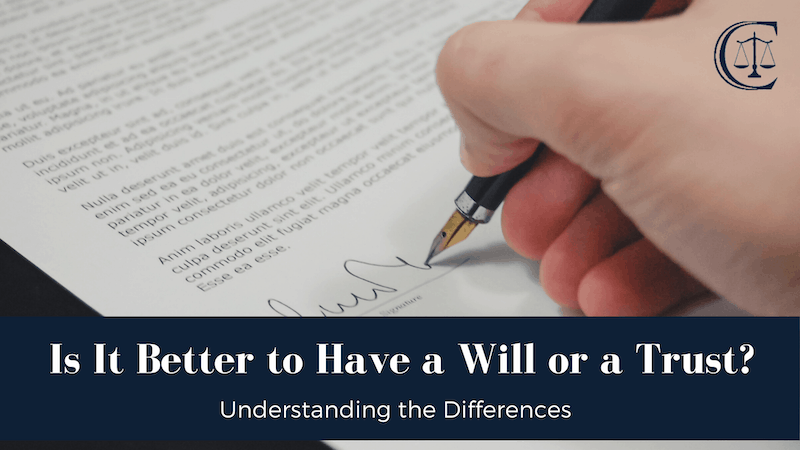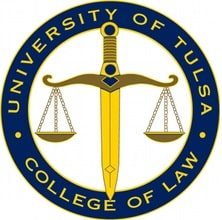
15 May Is It Better to Have a Will or a Trust?
As a result of this pandemic, people are appreciating their own mortality and the fragility of life. In addition, due to the stay at home orders, people have additional time on their hands to address their “to do” list. When it comes to estate planning, there are many terms that are somewhat familiar to most of my clients.
One of the first questions I receive when a client begins the estate planning process is whether it is better to have a Last Will & Testament or a Revocable Living Trust. In this post, I am going to share a bit more about these areas of estate planning in hopes that you will have a better understanding of the differences between the two.
Understanding the Differences Between a Will & a Trust
 What many people do not understand is that a Will and a Trust are separate areas of estate planning. However, they can actually work together to create a comprehensive plan.
What many people do not understand is that a Will and a Trust are separate areas of estate planning. However, they can actually work together to create a comprehensive plan.
I find that the majority of my clients benefit from having both a Will and a Trust as part of their estate plan. The primary difference between a Will and a Trust is when they become active.
What is a Trust?
A Trust becomes active immediately. With a Trust, you appoint a trustee who is authorized to manage your assets and property in the event that you are unable to do so. Upon your passing, the trustee is responsible for distributing your assets to the beneficiaries.
This is one of the primary benefits of having a Trust. Without a Trust, the distribution of your assets and property may be overseen by the court. This process is called probate and can cause your family members both unnecessary stress and financial expense.
Another major benefit of having a Trust is that your assets and property are protected and cared for by a designated individual if you become seriously ill or unable to communicate your wishes. For this reason, I believe that everyone should establish a Trust. You are able to revoke or amend the Trust at any time.
What is a Will?
A Will is a document that communicates your final wishes at your death. Unlike a Trust, a Will does not go into effect until after you have passed. When you create a Will, you name an individual as your personal representative. That individual will be the one to manage and distribute your property through a court-supervised process called probate.
Your Will is the document that will be used to communicate any specific wishes. Things such as which family member inherits the special china, as well as any important instructions for your funeral.
Although many younger adults believe they do not need a Will, this couldn’t be further from the truth! As a parent to minor children, a Will is the document where you appoint a legal guardian for your children in the event of your passing. This is a challenging decision to make. However, it is one of the best ways to ensure that your children receive the proper care
in the event of a tragedy.
As you can see, there are many aspects to both a Will and a Trust. It is important to work with an estate planning attorney throughout this process to establish a plan that properly protects you and your family members. Contact our office today to begin the estate planning process!







